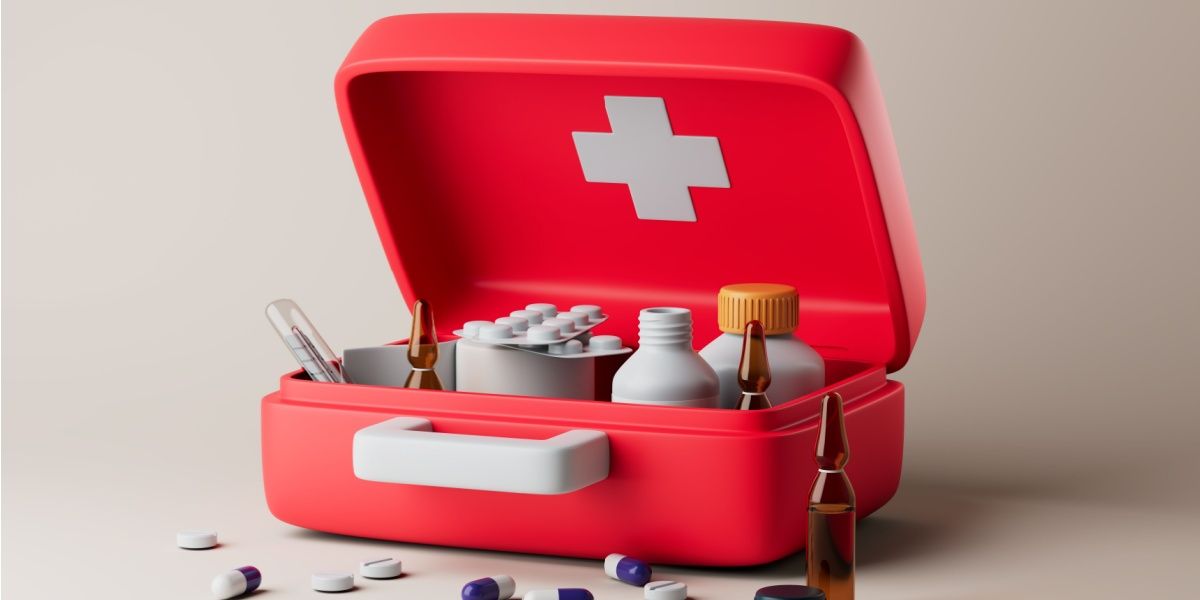Needle exchange programs are healthcare services provided to individuals who inject drugs. This includes providing sterile equipment, physical healthcare, and specialist advice and referrals. They can help reduce the risk of disease and overdose, improve individual healthcare outcomes, and increase public safety.

What are needle exchange programs?
Needle exchange programs, also referred to as syringe services programs (SSPs), are services provided within communities that can help individuals who inject substances find access to safe and sterile syringes and equipment. They help to prevent the spread of infectious diseases, reduce the risk of overdose, and provide healthcare services.[1]
People who inject substances are at a high risk of contracting diseases such as HIV and hepatitis C, particularly when sharing used equipment. As such, SSPs help reduce this risk by allowing individuals to swap used syringes for sterile ones and give access to necessary equipment to make drug administration safer.[2]
SSPs often provide a range of services as well as providing sterile equipment, which can help individuals utilize or access treatment for mental health, physical health, and substance use issues.[3]
Services provided by needle exchange programs
Services provided by needle exchange programs may vary depending on the facility, their funding, staff, and requirements. Typically, SSPs provide the following services:[1][3][4]
- Sterile needles: SSPs provide individuals with unused and sterile syringes. In some cases, this is provided as an exchange with which the individual receives one needle for each used needle they return. In others, a determined number of syringes can be given to each individual as needed. SSPs will also safely dispose of used needles.
- Overdose prevention: Many SSPs provide overdose prevention education to those who use the service. This can include learning how to recognize the signs of an overdose, how to prevent or manage an overdose, and how to use naloxone. Naloxone is a medication that reverses the effects of opioid overdose and can be life-saving. Some SSPs provide naloxone for individuals to take home with them in case of an emergency.
- Physical health screening: SSPs can provide testing for diseases such as HIV and hepatitis C to help reduce the risk of transmission and ensure necessary treatment is accessed.
- Physical health treatment and advice: SSPs can provide services, information, or referrals to help individuals access healthcare advice and treatment regarding infectious diseases, wounds, and other associated physical health issues. They can also provide vaccinations and advice about sexual health.
- Substance use disorder treatment: SSPs can provide individuals with information and referrals to substance use disorder specialists.
- Mental health treatment and advice: SSPs can provide information, counseling, and referrals to individuals requiring mental health support.
Do needle exchange programs work?
Yes, needle exchange programs have been found to contribute to several benefits for individuals who use substances and the wider community. For example:
- SSPs can reduce the number of people affected by the transmission of blood-borne diseases. The number of HIV outbreaks is shown to be reduced by around half with the creation of local syringe services.[5][6] The reduction in disease transmission and outbreaks also saves millions of dollars in state and local healthcare funding.[7]
- SSPs have been found to reduce the number of overdoses, by providing education around overdose prevention and the use of life-saving naloxone.[2][4]
- People who use SSPs are found to be around five times more likely to enter substance use disorder treatment and significantly more likely to maintain abstinence.[1][8]
- SSPs can help reduce the number of contaminated needles on the streets by encouraging individuals to gather used needles for exchange.[9]
Where does funding for these programs come from?
Many SSPs receive funding from a range of sources, including federal, state, local, and private funding. Since 2018, the Department of Health and Human Services (HHS) has been permitted to provide funds to SSPs under the Consolidated Appropriations Act.[10]
This funding can be used for any necessary support required by the SSP, except for purchasing needles and syringes. As such, these funds typically are used to pay staff and purchase testing kits, overdose prevention, and educational materials. [10]
Additional funding will vary by facility and state and may be provided by local organizations or non-profit organizations involved in disease prevention and treatment or substance use and overdose prevention.[11]
How to find a needle exchange program in your area
To find a needle exchange program in your area, you may find it helpful to discuss options with your local doctor or other healthcare providers, who will be able to advise and refer to available services. You can look on your local health department website for additional information.
Additionally, the North American Syringe Exchange Network (NASEN) has a map that shows harm reduction locations across North America, including the location of 464 syringe services.[12]
Needle exchange program FAQs
Do needle exchange programs increase drug use?
Needle exchange programs help make people who use drugs safer and have been found not to increase their amount of drug use. Many people who use SSPs utilize advice and referrals to substance use disorder treatments, thereby helping to reduce or stop their drug use.[1][4]
Do staff at needle exchange programs make you start addiction treatment?
Individuals who attend SSPs can utilize any services provided, which includes advice and referrals for substance use disorder treatment. No one who uses SSPs is forced to begin addiction treatment.[2][6]
Do needle exchange programs increase the number of used syringes on the streets?
No, research shows that SSPs may contribute to a reduced number of used syringes left on the streets and in public. As many SSPs require the exchange of used syringes for new ones, this can motivate people not to discard their syringes and even to find used ones to bring to the facility.[3][9]
Are there needle exchange programs in every state?
According to NASEN, 45 US states have at least one SSP. Only Kansas, Mississippi, Nebraska, Dakota, and Wyoming do not currently have a syringe exchange program. In the other states, the number of SSPs ranges from one (Alabama) to 56 (California). There may be other additional services not listed on NASEN.[12]




